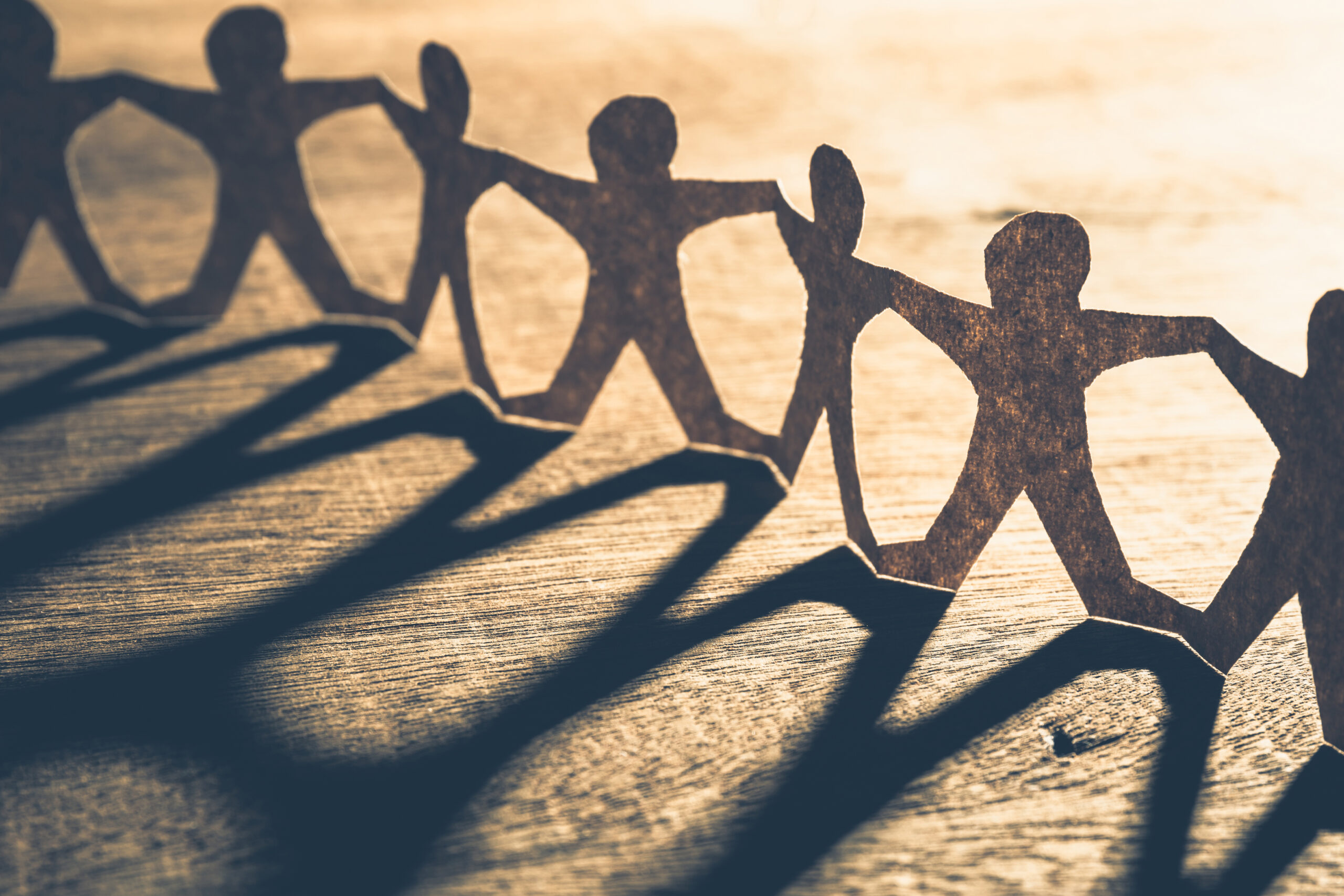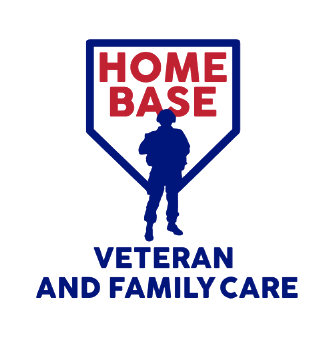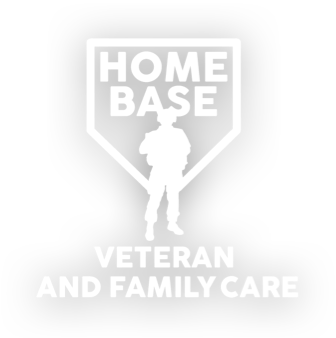Understanding the Different Types of Social Support

In these days of social distancing, many of us are feeling profoundly isolated. We aren’t seeing each other at work, at the grocery stores we don’t get to see another persons’ smile due to masks, and kids don’t get to play with friends the way they used to. Especially during times of crisis and vulnerability, we need social connections to help carry us through it. The types of social support in our lives can change from day to day and can come from a variety of sources. Identifying the different types of support can broaden how we think about our socialization and may help us to realize we have more opportunities for connectedness than we thought.
Emotional Support
This is the type of support that pops into our heads when we usually think of social support: someone that will accept and understand us, calm our fears, and reliably be there. This support could come from a close friend (“Let me tell you about the day I just had!”) but also be someone that offers brief encouragement or empathy, like when you share a sympathetic look with someone at the grocery store who is also frustrated to find their favorite item isn’t stocked. We are typically accustomed to this type of support but when physical comfort is not available, appreciating the emotional connections we have daily can improve our wellness.
Informational Support
When you receive an update from the news, follow an online exercise video, or read an article (like this one!), you’re getting informational support. This is a great example of not needing to have an emotional connection to someone to be supported. It’s just when you receive supportive, positive, information that can foster intellectual or mindful growth.
Tangible Support
Think of this type as the proverbial, “Can I borrow a cup of sugar?” This is a tangible service, or maybe a favor, someone is providing you. Perhaps you’re getting a ride from a bus driver, the person who walks your dog, or someone is holding open a door. This type of support is practical. However, recognizing when you are given practical support can encourage a sense of “I am not alone, I can ask for help when I need it”.
Self-esteem or Affirmational Support
This occurs when we are engaged in something where we feel respected. Maybe this is a role at work you have, volunteering, or you get it from your responsibilities in your family. Essential and frontline workers are currently receiving this type of praise from the community. Highlighting when you receive this type of support, and recognizing our accomplishments as well as complimenting others is crucial to keep up our motivation.
Belonging Support
You may have experienced belonging support from the current community notion that “we’re all in this together”. As people socially distance, though it’s difficult, we are doing it out of a sense of connection and responsibility for our community’s welfare. You may also feel this support from the smaller communities that you are a part of such as an organization or place of worship. Even when you can’t be there in person, you know connecting to this group and its members give you a sense of belonging, of place.
Breaking down these types of social supports helps us take an adaptive perspective on the social support we have that we may not have previously recognized. Exercising this break down can also help to highlight what types of support we would like to develop or strengthen.
People often make changes to their support network when they experience important life changes. Keep in mind the connections you have today, may not look the same as they were a year ago and they may look different in the future as well, so you can reflect on this exercise periodically. You also may notice that different people or sources can give different types of support at different times. For example, your partner teaches you how to cook something, but they also listen when you’re upset.
There are many ways to get support and your network may be broader than you realized. Mindfully recognizing the support you have will not only be beneficial to you, but you also may find that it helps you to offer support to someone else.
It’s likely that lack of social support and feelings of loneliness make people more vulnerable to mental health or substance use problems like depression. If you have questions about our mental health and clinical services at Home Base or would like to reconnect ways with others in healthy, supportive ways, please reach out to us! Visit homebase.org/connect2care to learn more about how we can support you.

About the Author: Clare Stupinski., LICSW is a clinical social worker at Home Base and has had a long-standing interest in the issues that veterans face. Having varied experience treating a range of mental health issues including PTSD, depression, anxiety, and substance use disorders has prepared her to meet the needs of veterans and their families here at Home Base.


 Home Base
Home Base